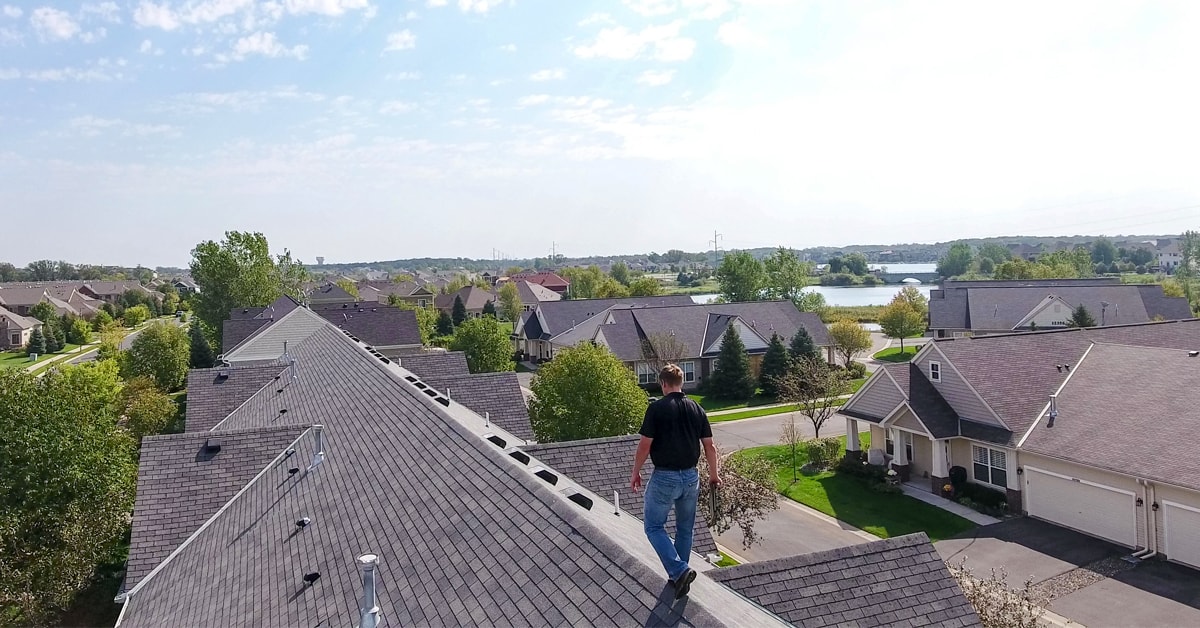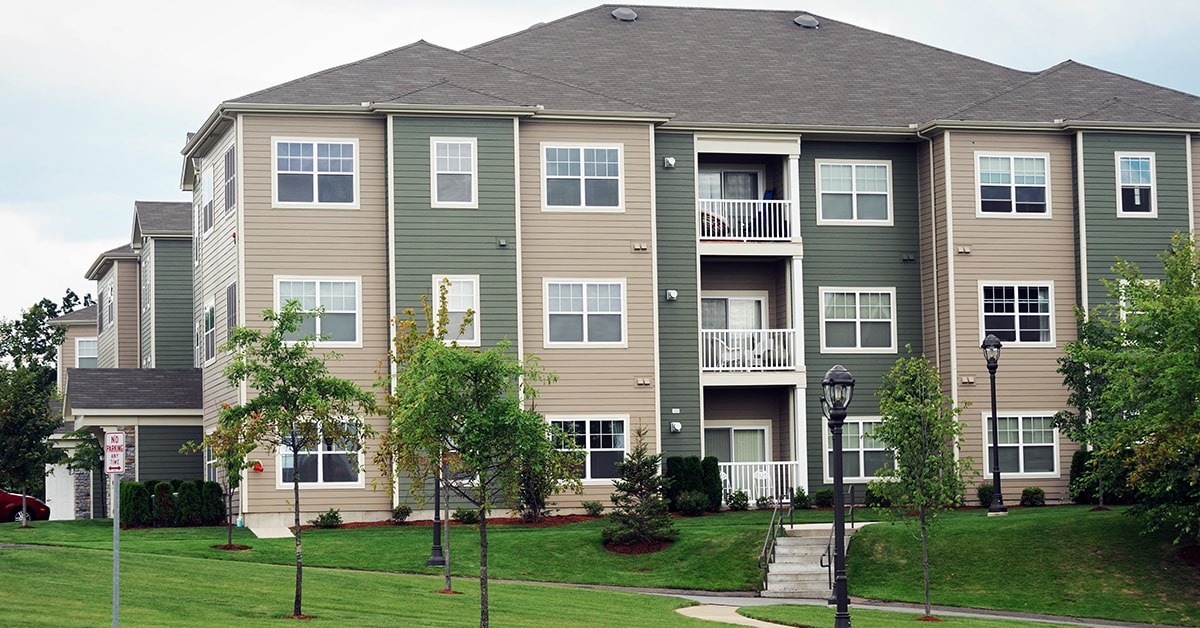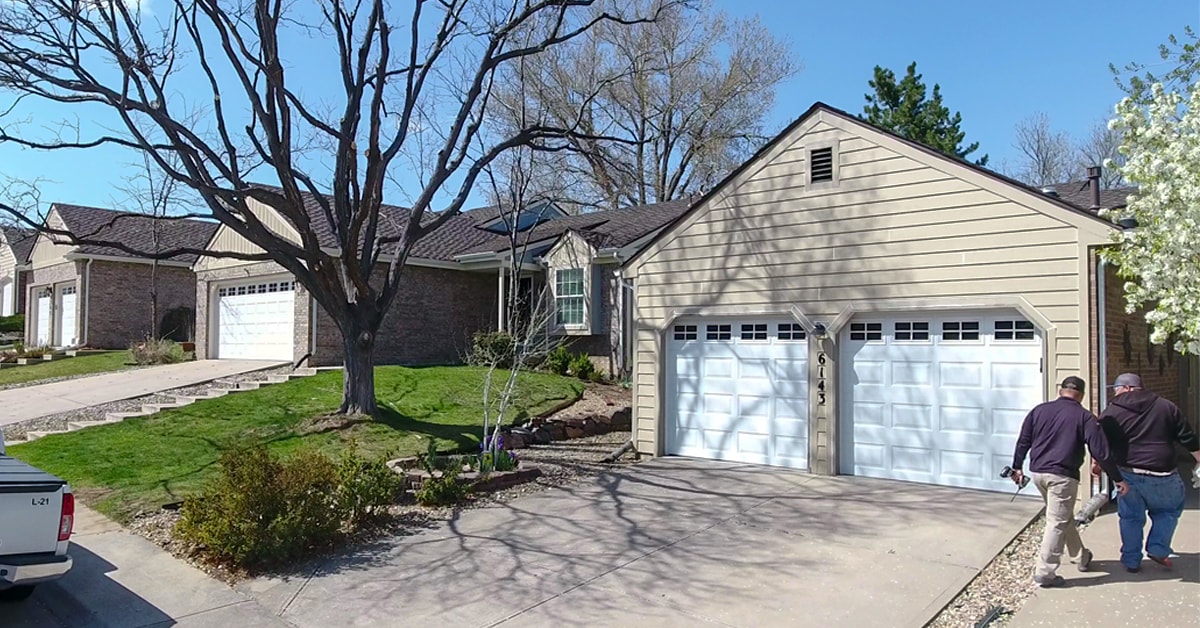Hoffman Weber Helps Condo Boards, Community Managers Meet New Minnesota Preventative Maintenance Law Deadline
by Hoffman Weber Construction, on May 11, 2018
Minnesota’s Upkeep of Common Interest Communities law will take full effect next January, but it already applies to residential communities created after Aug. 1, 2017.
The revised statute requires condominium, townhome and other homeowners’ association communities to prepare, fund, and execute preventive maintenance plans for common areas and surfaces. If they fail to comply, they cannot hold their community developer liable for 10-year warranty claims.

Hoffman Weber Construction’s commercial division is assisting community managers, property managers and association boards to meet the new requirement in three ways.
| 1. Inspecting | 2. Reporting | 3. Maintenance |
|---|---|---|
| Inspecting exterior common surfaces and components (such as roofs, siding, gutters, windows and doors) to document their current condition and identify problems. | Preparing a report that establishes a timetable and cost estimate for initial repairs and ongoing maintenance. | Managing and performing needed construction and maintenance services. |
Ryan Arvola is a Certified Manager of Community Associations (CMCA) and multi-family & commercial construction consultant at Hoffman Weber. He says older communities are grateful for Hoffman’s convenient, professional support as they approach the upkeep compliance deadline.

Many condo board members are volunteers who may lack deep knowledge of construction and maintenance, and paid community managers are responsible for everything from collecting dues to marketing,” he said. “Hoffman Weber is able to draw on its deep exterior construction and storm response experience to help communities address the new law.”
The new law was enacted to encourage developers to build common-interest communities such as condominiums by limiting their warranty exposure. While it imposes new requirements on community boards, it creates a heightened level of transparency and accountability for individual homeowners.

The truth is many property owners are completely unaware what routine maintenance is customary to extend the life of exterior surfaces and avoid much more costly replacement and repairs. With our independent assessment and recommendations, the boards now have the tools to fullfil their duties to property owners, set reasonable budgets and justify association fees,” Arvola said.
Although the new law requires preventive maintenance plans for common areas and surfaces, it does not specify their duration or what they must cover. Moreover, spoke typically differs between condominiums and townhomes. For instance, siding and roofing maintenance would be included for condominiums but considered the responsibility of individual townhome owners.

Most boards want to do the right thing. Armed with detailed information Hoffman Weber provides they will be able to make a stronger case for spending the money to protect everyone’s investment.” Arvola said.
When someone purchases property in a common-interest community they will benefit from knowing that the developer or the association has a properly funded property maintenance plan.
- Preventive maintenance should cost less over time than restoring long neglected structures.
- Well-maintained communities should have higher appeal and resale value.
- Propery owners will enjoy peace of mind knowing that their collective investments are in good hands.
To learn more about Hoffman Weber Construction’s CIC Upkeep program – and the law – contact Ryan Arvola at rarvola@hwconstruction.com





